
Get upto 50% off in New Year Offer

Get upto 50% off in New Year Offer

As we look ahead to 2024, digital advertising is evolving quickly. Staying on top of the modern Keyword Research Trends and adapting your strategies are essential to living aggressively. In this complete guide, we’ll discover the maximum sizable trends shaping the destiny of keyword research and provide actionable insights that will help you prevail.

Artificial Intelligence (AI) has already revolutionized many industries, and keyword research is no exception. AI-powered tools are getting increasingly more sophisticated, offering extra accurate insights into user conduct and search patterns. These tools can analyze sizeable quantities of information to uncover tendencies, expect to search volumes and recommend applicable long-tail and area-of-interest key phrases.
Your Keyword Strategy: Embrace AI-powered tools to streamline your keyword research process. It can offer comprehensive records on search volumes, keyword competitiveness, and consumer rationale in keyword research. It lets you make extra knowledgeable decisions. However, don’t rely completely on AI; use it to augment your human know-how and creativity.
Also Read | What Is Facebook Automation: Your go to Guide
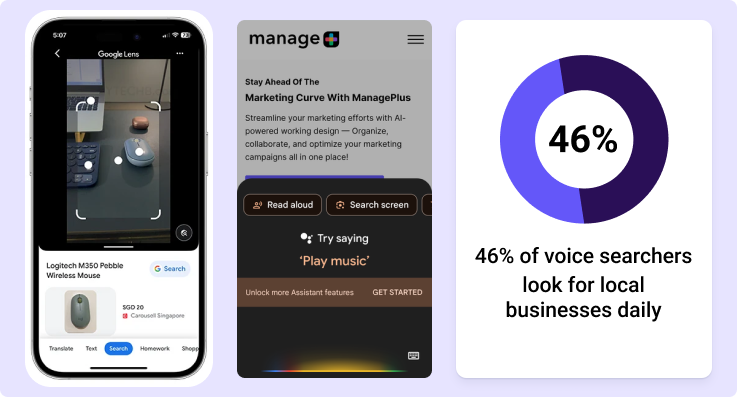
With the increasing popularity of voice assistants like Alexa and Siri, optimizing for voice search has become a must. These greater particular, often query-primarily based phrases can power extraordinarily targeted traffic on your website and align with a person’s intent.
Your Keyword Strategy: While excessive-extent keywords nonetheless have their location, shift extra of your focus to long-tail keywords. Use equipment to discover relevant lengthy-tail phrases and create content material that addresses customers’ queries without delay. Add question-based phrases like “How do I…” or “What is the best…” to your keyword research and content creation.
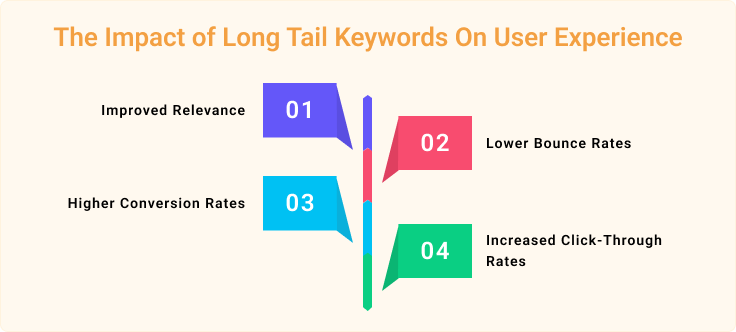
As search algorithms become more sophisticated, long-tail keywords are increasingly valuable. These more specific, often question-based phrases can drive highly targeted traffic to your website and better align with user intent.
Your Keyword Strategy: While high-volume keywords still have their place, shift more of your focus to long-tail keywords. Use tools to uncover relevant long-tail phrases and create content that addresses users’ queries directly.
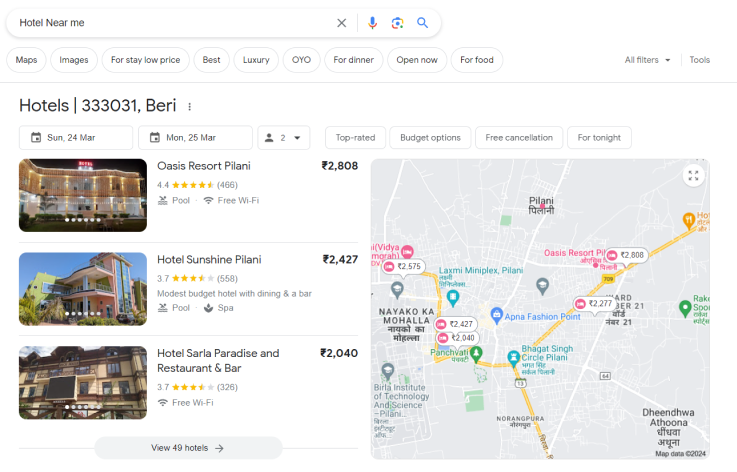
With the upward thrust of mobile search and the growth of nearby businesses, optimizing for SEO local keywords is turning into extra important than ever. Users increasingly use region-based totally terms like “near to me” or unique town names whilst trying to find services and products.
Your Keyword Strategy: Incorporate neighborhood key phrases into your searches and content material introduction. Optimize for terms like “great [service] in [city]” or “[business type] + [neighborhood].” Ensure your Google My Business listing is up to date and optimized with applicable local key phrases.

In 2024, keyword research trends are not just about finding popular search terms; it’s about truly understanding the intent behind those searches. Users may be searching for information, looking to make a purchase, or searching a specific service. Matching your content to the user’s intent is crucial for ranking well and driving conversions.
Your Keyword Strategy: Consider the user’s intent for each term or phrase when conducting keyword research. Group keywords into informational, navigational, transactional, and commercial intent categories. Then, create content tailored to those specific user needs.
As competition for popular keywords increases, focusing on niche keywords can be a game-changer. These highly specific terms may have lower search volumes but can lead to more targeted traffic and higher conversion rates.
Your Keyword Strategy: Identify niches within your industry or areas of expertise. Use tools to uncover niche keywords related to these specific topics or subcategories. Develop content that caters to these niche audiences, positioning yourself as an authority in that area.

In the ever-competitive world of digital marketing, it’s essential to understand which keywords your competitors are targeting. By conducting a thorough competitive keyword analysis, you can identify gaps in your strategy and seize opportunities to outrank your rivals.
Your Keyword Strategy: Analyze which keywords your top competitors are ranking for. Look for high-value keywords where you can create better, more comprehensive content. Additionally, monitor your competitors’ content and backlink profiles to identify areas where you can improve your strategy.
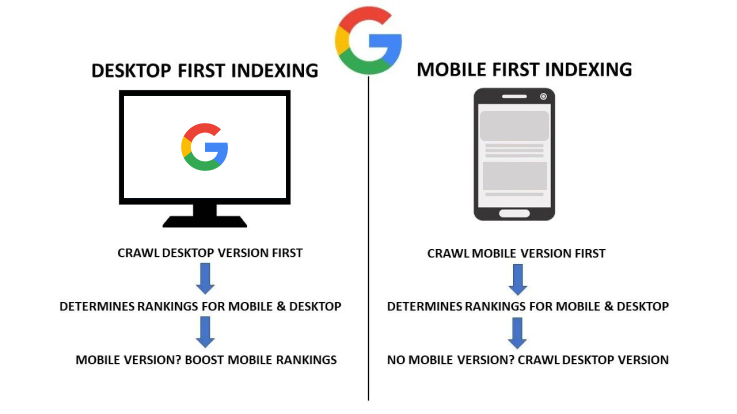
With the rise of mobile devices, search engines like Google have followed a mobile-first approach to indexing websites. This way, the mobile version of your web page is now the primary focus for ranking functions.
Your Keyword Strategy: Ensure your site is optimized for mobile, with rapid loading times and easy navigation. Conduct keyword research, focusing on the forms of searches users will likely make on the go.
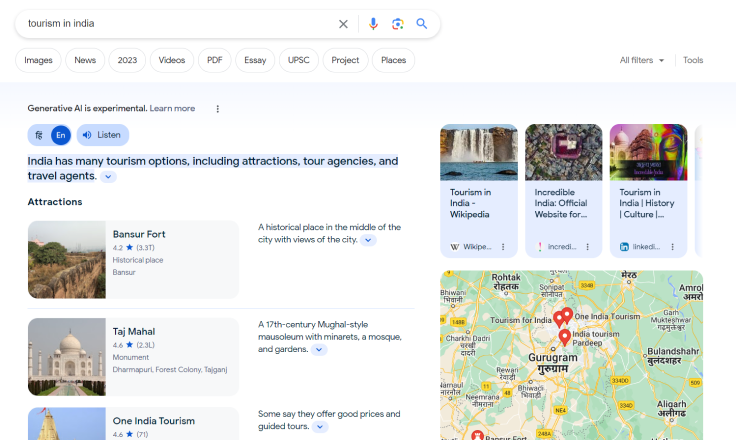
Featured snippets and other varieties of “zero-click” search outcomes are increasingly commonplace. These condensed solutions to user queries can seem at the top of search effects, doubtlessly reducing customers’ desire to click via an internet site.
Your Keyword Strategy: Optimize your content to increase the probability of performing in featured snippets. Structure your content with clean headings and concise summaries to make extracting relevant records less difficult for search engines like Google and Yahoo. Additionally, awareness of imparting direct, to-the-point answers to commonplace questions inside your content.
Also Read | Why Infographics Should Be Part of Your Content Marketing Strategy
The global of keyword searches is rapidly evolving, driven by technological improvements and moving consumer behaviors. By staying knowledgeable, embracing new tools and strategies, and continually adapting your techniques, you’ll role your self for success in the dynamic landscape of virtual advertising and marketing. Stay agile, live curious, and in no way forestall mastering – the key to gaining knowledge of key-word searches in 2024 and beyond lies for your potential to embody change and continuously refine your technique.

Streamline your marketing efforts with AI-powered working design — Organize, collaborate, and optimize your marketing campaigns all in one place!

Join now to shape the future of MangePlus
Don’t miss out
Content Writing | SEO | SEM